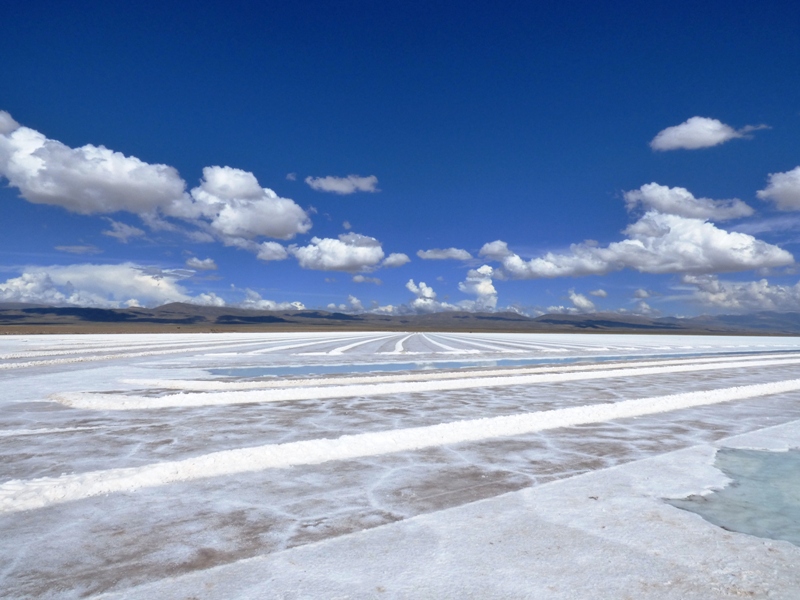2023 was the hottest year: 1.45 ºC above pre-industrial values. The trend points to an increase of 3º C. Consequently, climate events are becoming more extreme, frequent and long-lasting, affecting particularly vulnerable populations in the Global South. These countries not only lack financing to face losses and damages, and to propose mitigation and adaptation measures, but also bear the brunt of increased extraction of minerals needed for the energy transition in the Global North. The G20 countries, responsible for 76% of GHG emissions, should lead ambitious climate action, particularly in the energy sector, which accounts for 86% of global CO2 emissions (UNEP, 2023).
In the outline of plans and policies for the energy transition, the demand for minerals considered critical, such as lithium, is increasing rapidly, exacerbating the global climate and ecological crisis by threatening Andean wetlands´ contribution to climate adaptation and mitigation. Also, this pressure to extract is affecting the rights of the indigenous communities who inhabit the salt flats in Argentina, Chile and Bolivia, which together concentrate over 50% of the world’s reserves. Additionally, geopolitical competition for technological control of the energy transition hinders countries in the region from advancing in the battery production value chain. Tensions emerge between technicaleconomic positions that prioritize the security of supply and friend-shoring and those that integrate the relationship between energy, ecological and socio-economic systems and challenge power asymmetries.
This policy brief discusses lithium´s challenges for energy transition debates and calls the G-20 to ensure commitment to improved global cooperation that involves material reduction targets in the Global North, benefits for producer countries and a strong respect for planetary boundaries and human rights.
